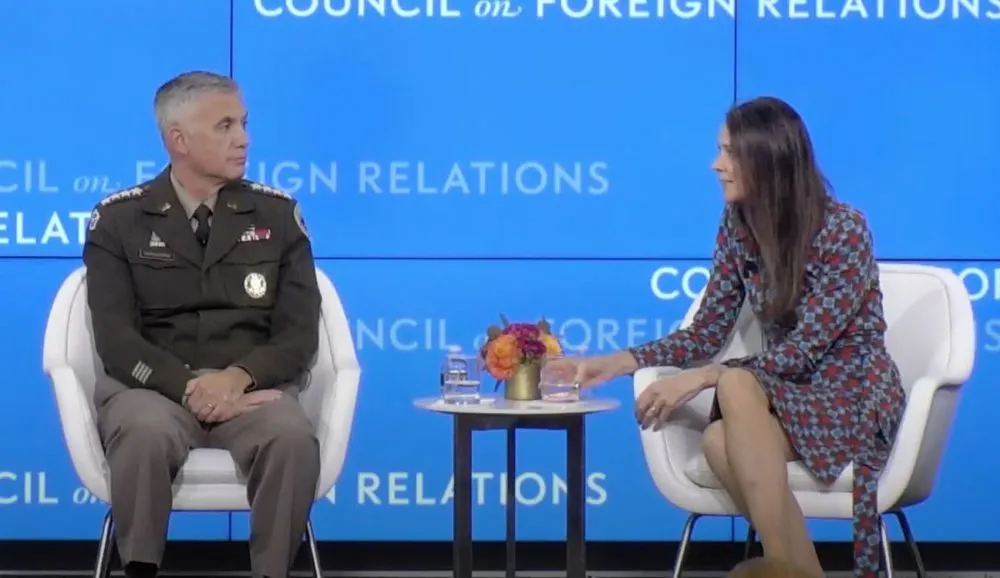NSA, CISA chiefs warn of foreign disinformation threat ahead of midterms
Top national security officials on Tuesday said that foreign adversaries including Iran, China and Russia haven’t employed new digital methods to interfere in next month’s midterm elections, but warned the threat posed by disinformation and influence operations remains high.
“We are seeing obviously a number of different actors that continue to operate in terms of influence. We are seeing no significant indications of attacks that are being planned right now,” U.S. Cyber Command and National Security Agency chief Gen. Paul Nakasone said alongside Cybersecurity and Infrastructure Security Agency (CISA) Director Jen Easterly during an event at the Council on Foreign Relations in Washington, D.C.
He noted that Cyber Command has deployed a number of “hunt forward” teams to identify foreign interference and influence operations and then ask: “Is there anything different here? Have we seen any new tools? Is there any new tradecraft they might be utilizing? Are there new, operational places that they're running out of?”
“Not yet,” Nakasone said.
Federal and state election officials now brace for potential cyberattacks every election cycle, ever since 2016 when Russia unleashed digital and disinformation campaigns that the U.S. intelligence community concluded were attempts to tilt the presidential race in favor of Donald Trump.
In the last two election cycles, Cyber Command and NSA have worked with CISA, the FBI and other agencies to prevent adversaries from tampering with the U.S. voting process.
However, officials have also had to prepare in recent years for other nations to amplify disinformation, including false claims by supporters of former President Trump who believe the 2020 election was stolen and the midterms could be the next victim of still unproven fraud.
“Frankly, I think it is a much more difficult and complex threat landscape than we have ever seen,” Easterly said at the event, which was moderated by The Record's Dina Temple-Raston. “I will say, in this environment, it is particularly difficult, given the disinformation piece.”
While there are cyber dangers posed by nation-state hackers and criminals, there are also insider threats from election officials “with access... to sensitive data and systems” as well as “horrific” threats of physical violence against election workers, according to Easterly
She said national security and law enforcement officials “absolutely have to focus on ensuring that state and local election officials have the information that they need so that Americans go to the ballot box and have confidence when they have their vote.”
Nakasone said he is “not shocked by any nation that is looking to conduct influence operations against the United States, particularly our adversaries.”
“This is the way that business is being conducted by our adversaries today,” he added. “ They see an opportunity, They see a series of issues that they think are divisive, that they can feed into, they see platforms that can be able to message this at a pretty low cost.”
Martin Matishak
is the senior cybersecurity reporter for The Record. Prior to joining Recorded Future News in 2021, he spent more than five years at Politico, where he covered digital and national security developments across Capitol Hill, the Pentagon and the U.S. intelligence community. He previously was a reporter at The Hill, National Journal Group and Inside Washington Publishers.



